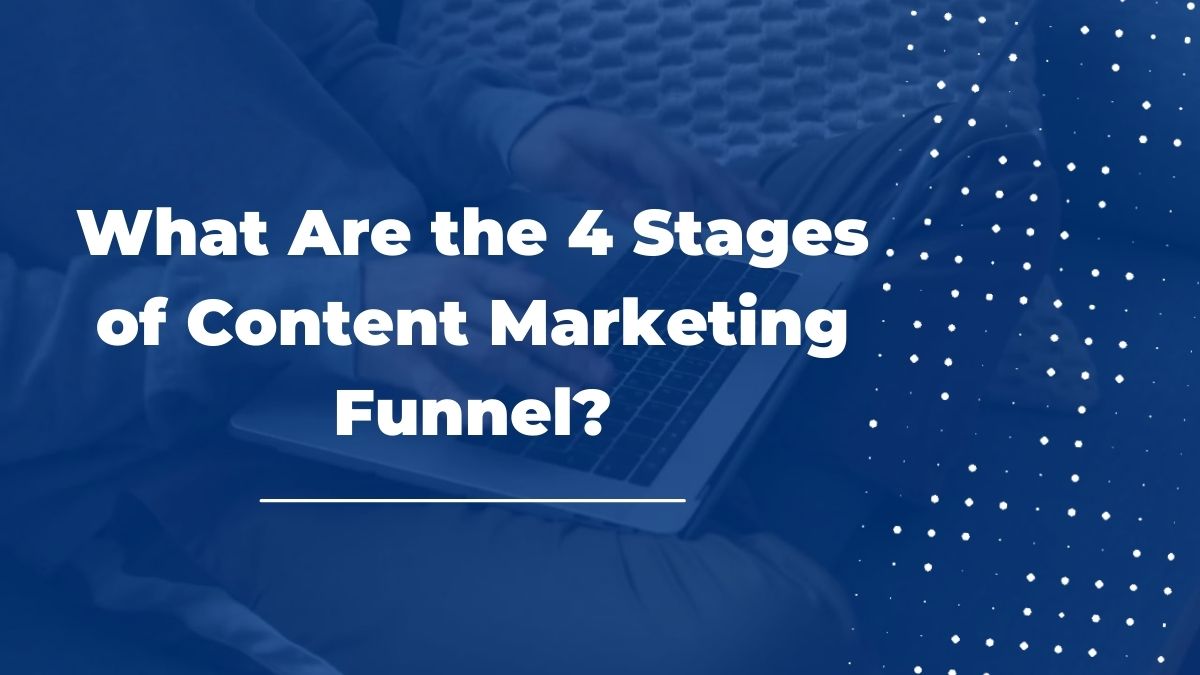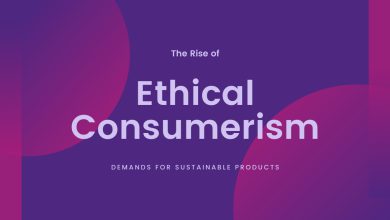
Content marketing is a powerful tool that can help businesses attract, engage, and convert potential customers. To achieve this, content marketers use a content marketing funnel that breaks down the customer journey into four stages. In this blog post, we will explore the four stages of the content marketing funnel and how to use them to create effective content strategies.
1. Awareness Stage
The awareness stage is the first step in a content marketing funnel. It’s critical to start with this stage and get it right because it’s the foundation upon which everything else will be built. The goal of the awareness stage is to attract potential customers and make them aware of your product or service. This can be done through a variety of methods, including social media advertising, search engine optimization, or email marketing.
One essential aspect of the awareness stage is creating high-quality content that resonates with your target audience. You need to answer their questions, address their pain points, and provide value in some way. A great place to start is by doing research on what your ideal customer might be searching for online or what types of questions they might have related to your industry.
2. Interest Stage
The interest stage is a crucial part of the content marketing funnel. It’s the point where potential customers start to research solutions to their identified problems or needs. At this stage, they are looking for information and answers that can help them make informed decisions about which products or services will best suit their needs.
One of the key things to keep in mind during this stage is that potential customers are not yet ready to buy. Instead, they are focused on gathering information and exploring different options. This means that your content should be informative and educational, rather than sales-focused. You want to provide value for your audience while building trust and establishing yourself as an authority in your industry.
To effectively connect with potential customers at the interest stage, you need to understand their pain points and priorities. This means conducting market research and developing buyer personas that allow you to get inside the minds of your target audience.
3. Consideration Stage
The consideration stage is a crucial part of the content marketing funnel, where potential customers start evaluating different solutions to their problem or need. It is the stage where they have identified their problem and are looking for ways to solve it. In this stage, customers are not yet ready to make a purchase decision; instead, they’re gathering information about possible solutions.
At this point in the funnel, businesses must focus on creating valuable content that educates potential customers about what sets their solution apart from others in the market. The content should provide insights into how your product or service can address their specific needs and pain points. This is an opportunity to build trust and establish yourself as an authority in your industry.
To effectively communicate with potential customers at this stage, you need to understand the buyer persona’s motivations and concerns when it comes to solving their problem. Creating buyer personas helps you tailor your messaging accordingly.
4. Decision Stage
The decision stage is the final stage of the content marketing funnel. It is the point where potential customers have made it through all previous stages and are ready to make a purchase. At this stage, businesses must ensure that they continue to provide valuable information, answers to questions, and solutions that will help potential customers make informed decisions.
The decision stage is crucial for businesses because it determines whether or not potential customers will become actual customers. Content at this stage must be focused on converting leads into sales. This can be achieved by creating compelling product descriptions, providing pricing information, offering free trials or demos, and highlighting any special deals or promotions that may be available. At this stage of the funnel, businesses must focus on building trust with their potential customers by providing excellent customer service and support.
Businesses should also ensure that they make the purchasing process as easy and seamless as possible for their potential customers.
Conclusion
A content marketing funnel is an essential tool for creating effective content strategies that attract, engage, and convert potential customers. By understanding the four stages of the content marketing funnel and creating content that meets the needs of your target audience at each stage, you can create a content strategy that drives results for your business.




